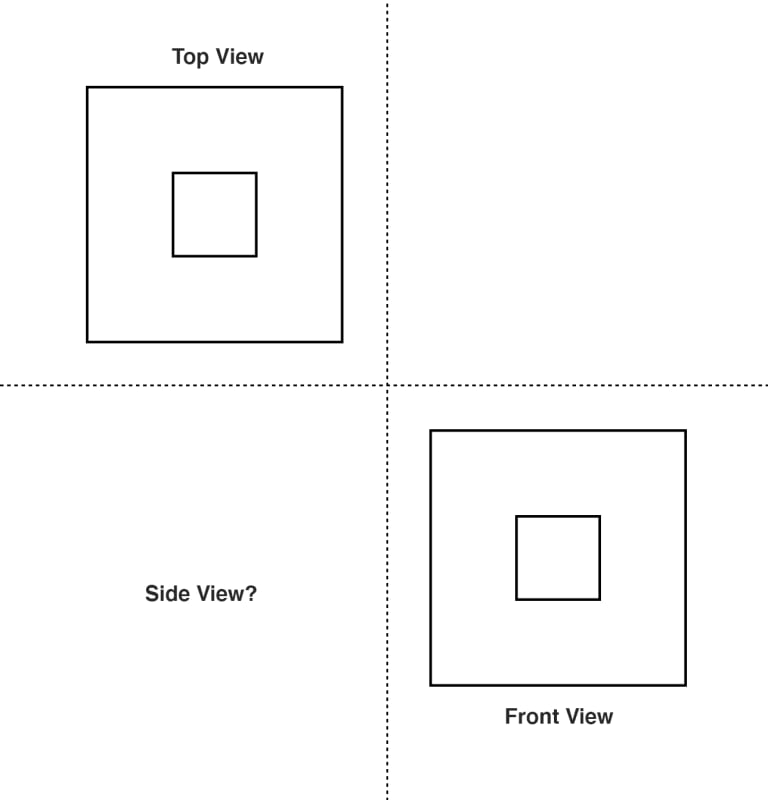End3rman22
Mechanical
Greetings,
I have studied mechanical engineering in an university of applied sciences in the Netherlands. However I had to leave the study after five years and doing about 2/3 of the whole four year course for various reasons and going back to it is not really an option. That being said I want to get into the mechanical engineering field and wondering if a CAD certificate perhaps AutoCAD, Solidworks or Siemens NX (used commonly here in europe) would help me to get a design engineering job as i would like to do FEM simulations, modelling and drafting. The place of work might be important too for what software they use and I might also like to work online with the US or English speaking countries. Udemy for example is a well known online academy which provides some relevant courses with just $20-50 per course.
Thank you in advance
I have studied mechanical engineering in an university of applied sciences in the Netherlands. However I had to leave the study after five years and doing about 2/3 of the whole four year course for various reasons and going back to it is not really an option. That being said I want to get into the mechanical engineering field and wondering if a CAD certificate perhaps AutoCAD, Solidworks or Siemens NX (used commonly here in europe) would help me to get a design engineering job as i would like to do FEM simulations, modelling and drafting. The place of work might be important too for what software they use and I might also like to work online with the US or English speaking countries. Udemy for example is a well known online academy which provides some relevant courses with just $20-50 per course.
Thank you in advance

